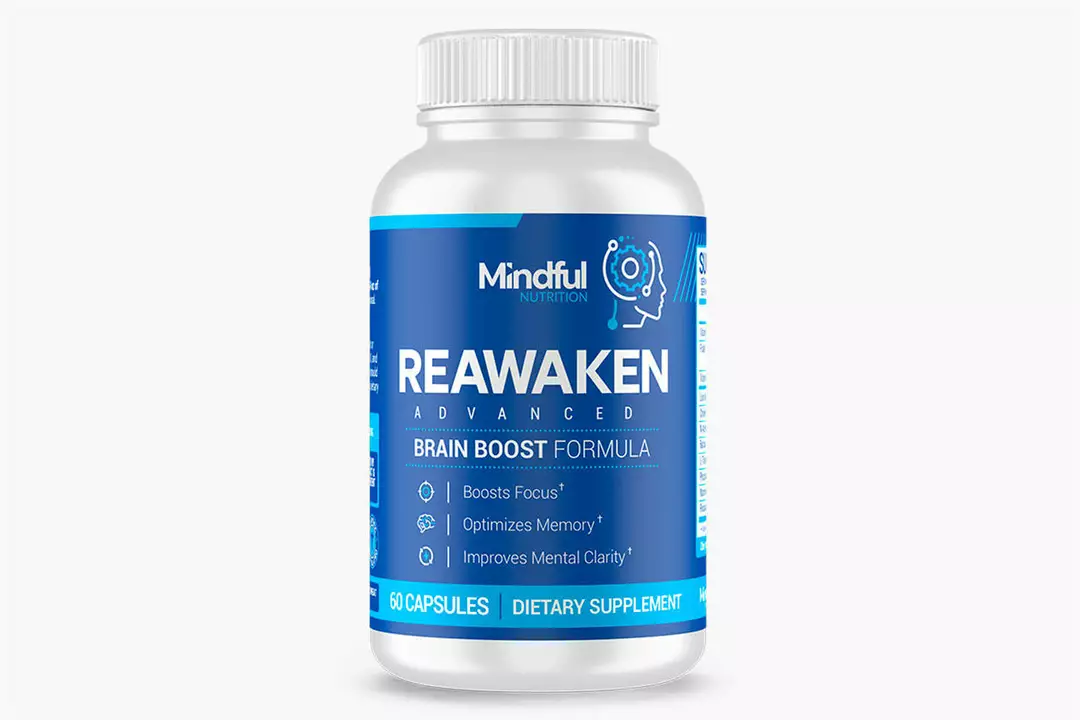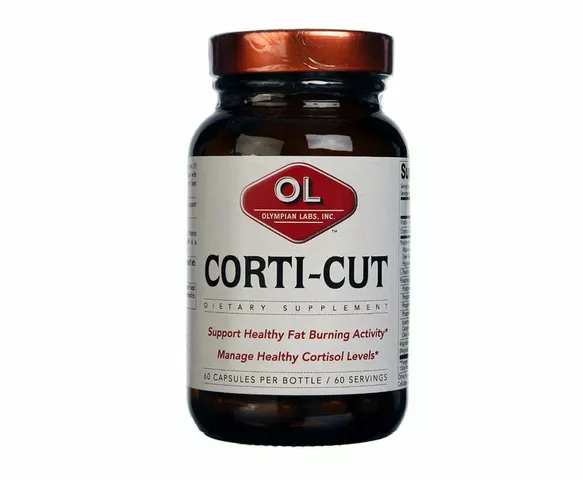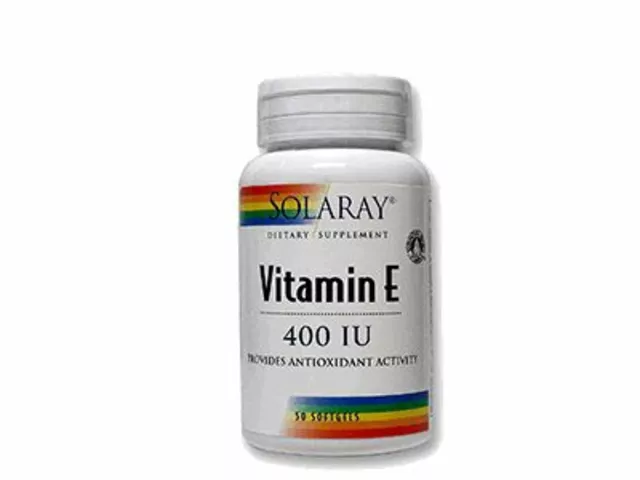Introduction: Unlocking the Potential of Rosemary
As someone who is constantly on the lookout for ways to improve my mental clarity and focus, I was ecstatic when I discovered the benefits of rosemary. This unassuming herb has been used for centuries in various cultures for its medicinal properties, and now, I want to share that knowledge with you. In this article, I will discuss the various ways that rosemary can help enhance your cognitive abilities and why it should be considered the perfect dietary supplement for mental clarity and focus.
The Science Behind Rosemary
First and foremost, it's essential to understand the science behind rosemary's ability to improve our mental functions. This herb contains numerous compounds, like rosmarinic acid, carnosic acid, and camphor, which are known for their potent antioxidant, anti-inflammatory, and neuroprotective properties. These compounds help protect our brain cells from damage, reduce inflammation, and improve blood flow to the brain, thus promoting better cognitive function.
Moreover, rosemary is rich in essential nutrients like vitamins A, C, and B6, calcium, iron, and magnesium, which are crucial for maintaining a healthy nervous system. By incorporating rosemary into our diet, we can ensure that we are providing our brain with the necessary nutrients it needs to function optimally.
Boosting Memory and Concentration
One of the most well-known benefits of rosemary is its ability to boost memory and concentration. Several studies have shown that simply inhaling rosemary essential oil or consuming it in the form of tea or supplements can significantly improve memory performance in both young and old individuals. This is mainly due to its positive effect on acetylcholine, which is a neurotransmitter responsible for learning and memory.
Additionally, rosemary has been found to improve concentration by promoting alertness and reducing mental fatigue. So, if you find yourself struggling to stay focused on your tasks, consider incorporating rosemary into your daily routine to give yourself that extra boost!
Reducing Stress and Anxiety
Did you know that rosemary can also help reduce stress and anxiety? It's true! This herb has been found to have a calming effect on the nervous system, which can help alleviate feelings of stress and anxiety. This is particularly beneficial for those who struggle with chronic stress or anxiety disorders, as it can help improve overall mental health and wellbeing.
Moreover, the soothing scent of rosemary essential oil has been found to promote relaxation and improve mood. So, next time you're feeling overwhelmed, consider diffusing some rosemary essential oil or brewing a cup of rosemary tea to help calm your nerves and regain your focus.
Enhancing Brain Plasticity and Neurogenesis
Rosemary has also been found to improve brain plasticity and neurogenesis, which are crucial processes for maintaining optimal cognitive function. Brain plasticity refers to the ability of our brain to adapt and reorganize itself in response to new experiences, while neurogenesis is the process by which new neurons are formed.
By promoting these processes, rosemary can help keep our brain healthy and adaptable, allowing us to better handle new challenges and experiences. This is particularly beneficial as we age since these processes tend to decline over time, leading to cognitive decline and memory loss.
Fighting Cognitive Decline and Alzheimer's Disease
As mentioned earlier, rosemary's neuroprotective properties make it an excellent supplement for fighting cognitive decline and Alzheimer's disease. Its potent antioxidants help protect our brain from the harmful effects of oxidative stress, which is a major contributor to neurodegenerative diseases like Alzheimer's.
Moreover, rosemary has been found to inhibit the formation of beta-amyloid plaques, which are known to play a crucial role in the development of Alzheimer's disease. By incorporating rosemary into our diet, we can help maintain our cognitive health and potentially reduce the risk of developing Alzheimer's disease later in life.
Incorporating Rosemary into Your Diet
Now that you're aware of the numerous benefits of rosemary, you might be wondering how to incorporate it into your diet. The good news is that there are plenty of ways to enjoy this versatile herb! Some popular options include adding it to your favorite recipes, brewing it as a tea, or taking it as a supplement in the form of capsules or essential oil.
When using rosemary in cooking, try adding it to dishes like roasted vegetables, grilled meats, or pasta sauces for a delicious and fragrant twist. If you prefer to drink it as a tea, simply steep a few sprigs of fresh rosemary in hot water for about 10 minutes, then strain and enjoy. Finally, if you'd rather take it as a supplement, consult with your healthcare provider to determine the appropriate dosage for your needs.
Precautions and Side Effects
While rosemary is generally safe for most people, it's important to be aware of some potential side effects and precautions. For one, some individuals may experience allergic reactions to rosemary, so it's crucial to do a patch test before using it topically or ingesting it in large amounts. Additionally, pregnant women should avoid consuming large amounts of rosemary, as it may stimulate uterine contractions.
Furthermore, if you're taking any medications, particularly blood thinners, it's essential to consult with your healthcare provider before incorporating rosemary into your diet, as it may interact with certain medications. As always, it's best to err on the side of caution and seek professional advice before making any significant changes to your diet or supplement regimen.
Conclusion: Embrace the Clarity and Focus Rosemary Provides
In conclusion, rosemary is indeed the perfect dietary supplement for mental clarity and focus. With its numerous cognitive-enhancing properties, this versatile herb can help improve memory, concentration, and overall brain health. By incorporating rosemary into your daily routine, you can unlock its full potential and enjoy the mental clarity and focus it provides. So, go ahead and give rosemary a try – your mind will thank you!






Vivek Mishra
May 28, 2023 AT 16:36thilagavathi raj
May 29, 2023 AT 13:34Sandridge Neal
May 29, 2023 AT 16:45Diane Thompson
May 30, 2023 AT 02:14Helen Moravszky
May 31, 2023 AT 11:21Reginald Matthews
June 1, 2023 AT 21:25Debra Callaghan
June 3, 2023 AT 12:41Mitch Baumann
June 4, 2023 AT 16:37Sandridge Neal
June 6, 2023 AT 08:20